A sloth is a slow-moving, tree-dwelling mammal that’s famous for its laid-back lifestyle. These animals live in the rainforests of Central and South America, spending most of their time hanging upside down in trees. They have long, curved claws that help them grip branches tightly, and their fur is thick and often covered in algae, which gives them a greenish tint and helps them blend into their surroundings.
Sloths are herbivores, eating mainly leaves, fruit, and flowers. Because leaves don’t provide a lot of energy, sloths move slowly and spend up to 20 hours a day resting or sleeping. Their metabolism is incredibly slow, which is why they have so much time to relax. They only need to come down from their trees about once a week to urinate or defecate, which is a risky venture since it makes them vulnerable to predators.
Scientific Classification
-
Scientific Name: Varies by species (e.g., Bradypus, Choloepus)
-
Family: Bradypodidae (three-toed) and Megalonychidae (two-toed)
-
Class: Mammal
Common Names
Sloths are simply called “sloths” around the world. But sometimes people call them:
-
Tree sloths
-
Lazy bears (an old nickname)
-
Slow movers
Geographic Distribution
Sloths are found mainly in Central and South America. They love the rainforests, where trees are plenty.
Physical Characteristics
Sloths have long limbs, curved claws, and round faces that look like they are always smiling.
They come in two main types:
Two-Toed Sloth
-
More active than three-toed sloths
-
Slightly bigger body
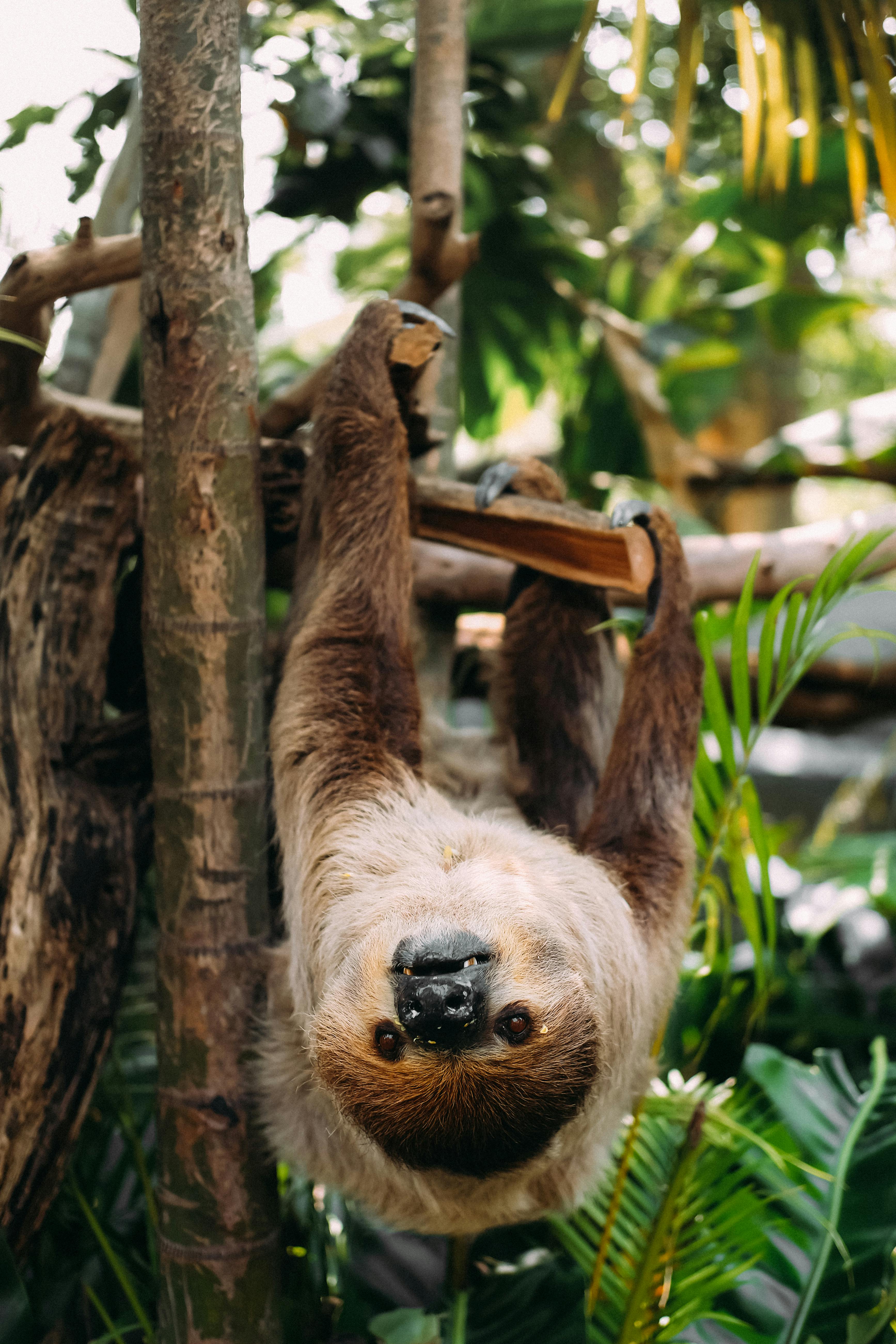 Image showing a two-toed sloth hanging from a tree branch (Source:Pexels)
Image showing a two-toed sloth hanging from a tree branch (Source:Pexels)
Three-Toed Sloth
-
Smaller and slower
-
Often seen with a peaceful face
 Image showing a three-toed sloth clinging to a tree with her baby (Source: Flikr)
Image showing a three-toed sloth clinging to a tree with her baby (Source: Flikr)
Key Facts
-
Size: 50–70 cm (20–28 inches)
-
Weight: 3.5–6 kg (8–13 lbs)
-
Lifespan: Around 20 years in the wild
-
Diet: Leaves, fruits, and small twigs
Fun Facts
-
Sloths poop only once a week.
-
Their fur is a mini-ecosystem with algae and insects.
-
They sleep up to 15–20 hours a day.
-
They move slower than most turtles!
-
They can turn their heads almost 270 degrees.
Human Relevance
Sloths are peaceful animals that don’t hurt people. They have become symbols of relaxation and are loved in books, cartoons, and gifts. But sadly, humans also threaten sloths by:
-
Cutting down forests (deforestation)
-
Keeping them as illegal pets
-
Harming them accidentally on roads
Health & Common Issues
Sloths in the wild rarely get sick, but when kept in captivity or in rescue centers, they may suffer from:
-
Stress due to noise or overcrowding
-
Injuries from falling or human conflict
-
Malnutrition if fed wrongly
Common Problems
-
Dehydration
-
Broken limbs
-
Overgrown claws
-
Skin issues due to bad habitat
Conservation Status
Many sloth species are vulnerable or endangered, mainly because of habitat loss. Conservation efforts now work to protect their homes and stop illegal trafficking.
Sloths may look like monkeys, but they are more closely related to armadillos and anteaters.
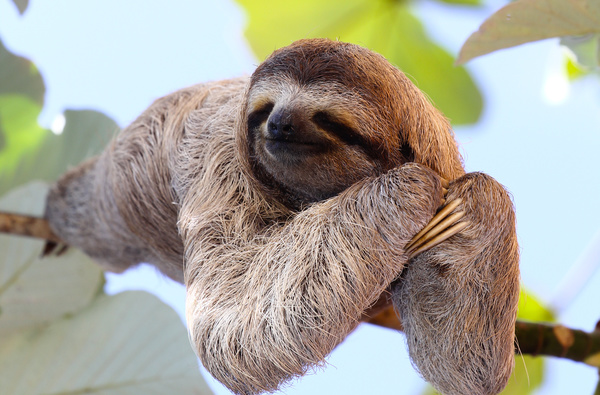 Image showing a happy sloth resting on a branch (Source: Free Design File).
Image showing a happy sloth resting on a branch (Source: Free Design File).
If you want to learn more or support animal care, you can reach out to us at Doctor Hulk Veterinary Hospital or call 08143397614.




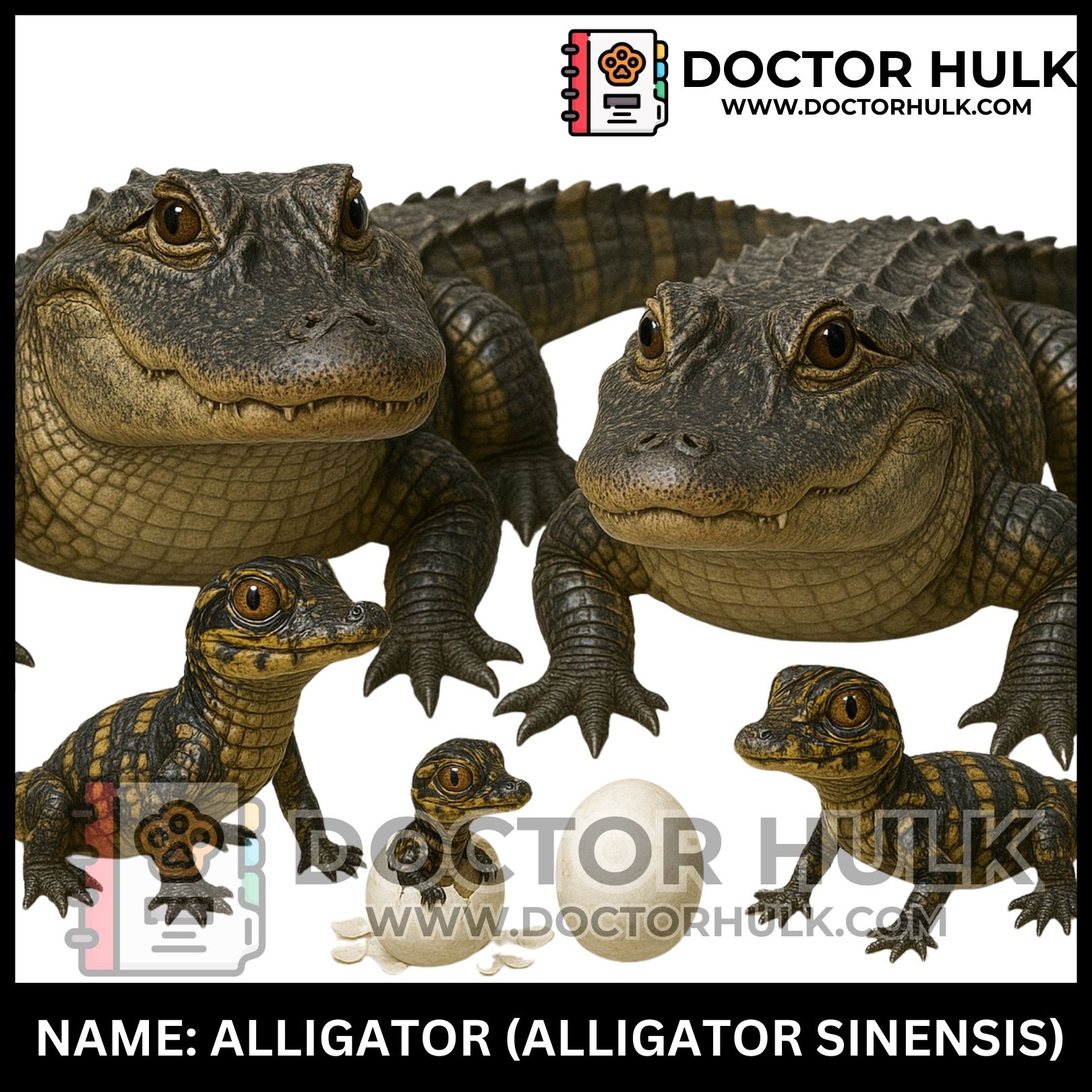
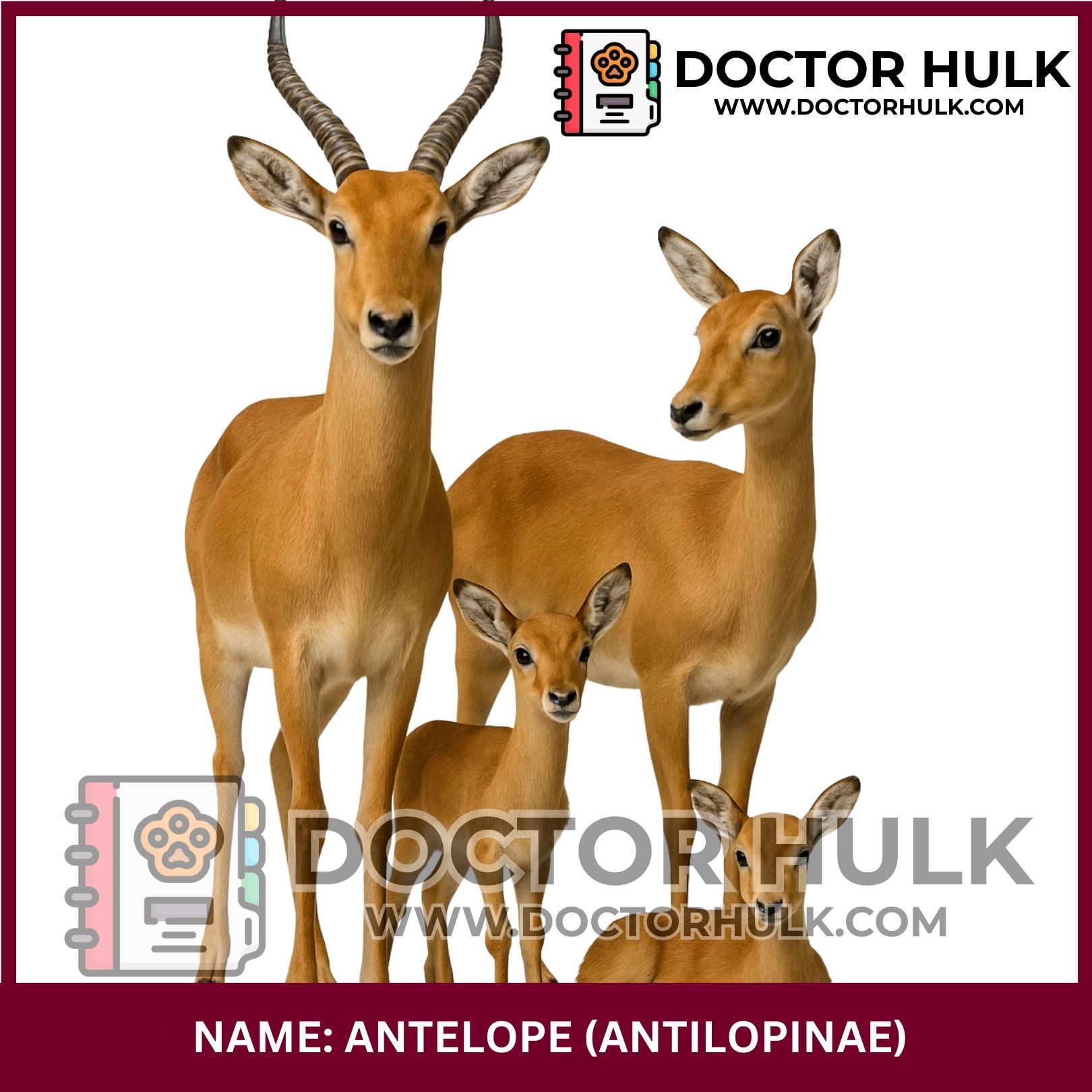
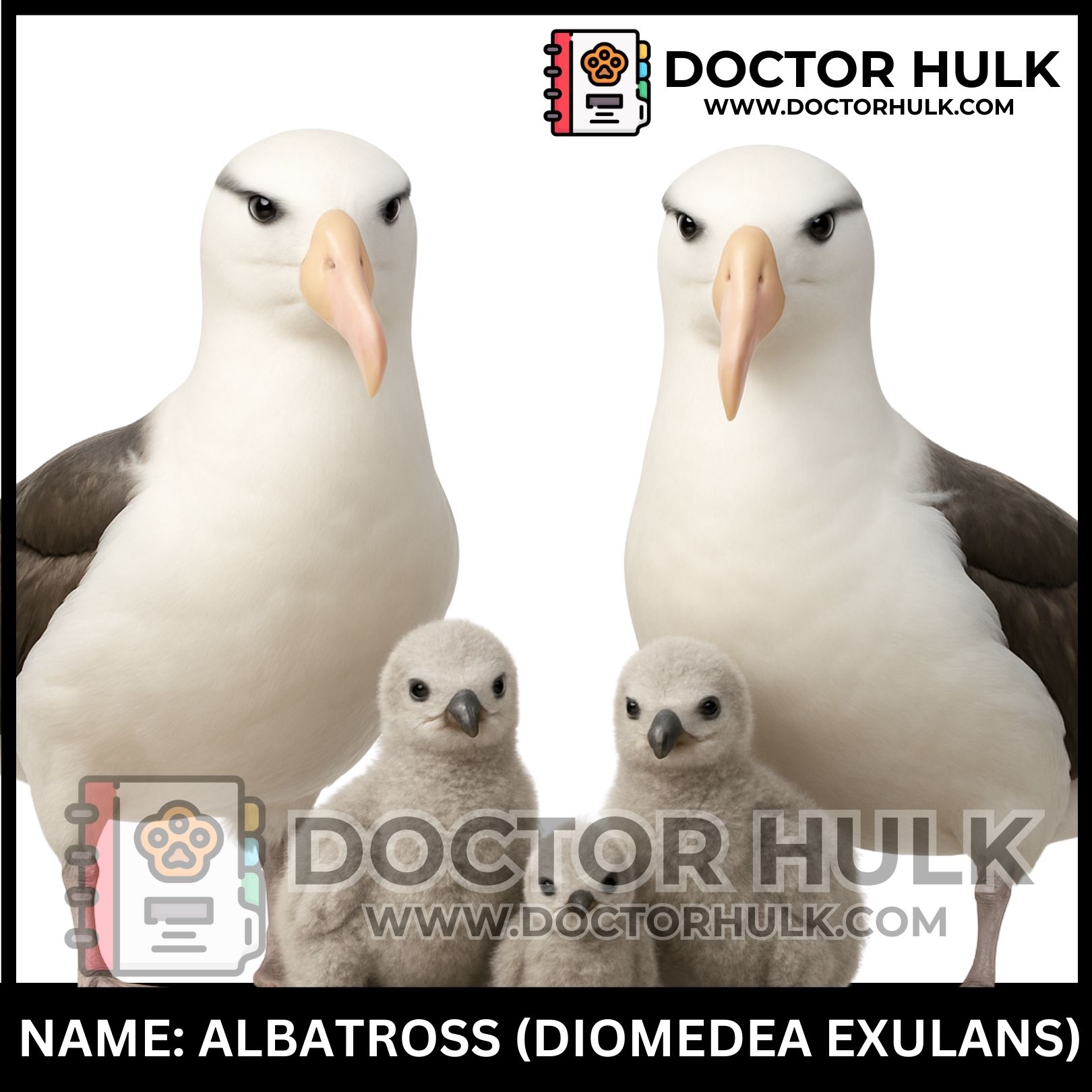
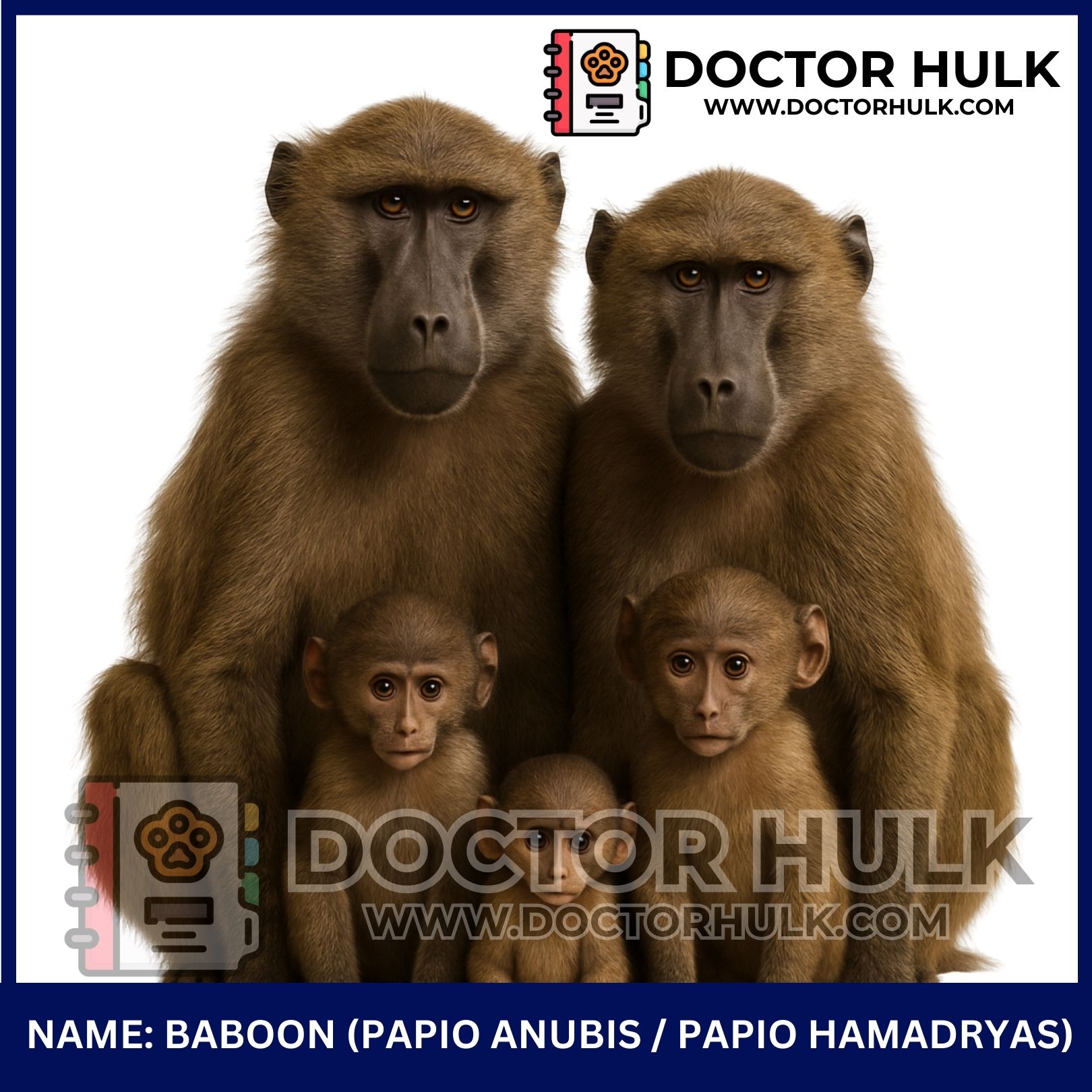

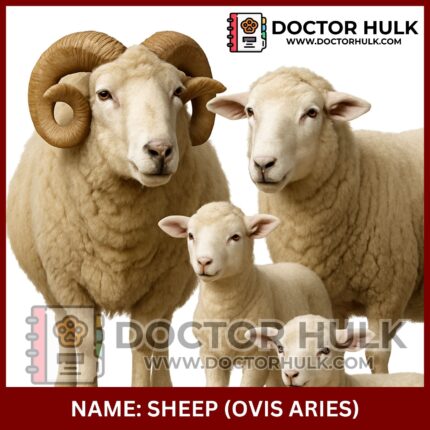
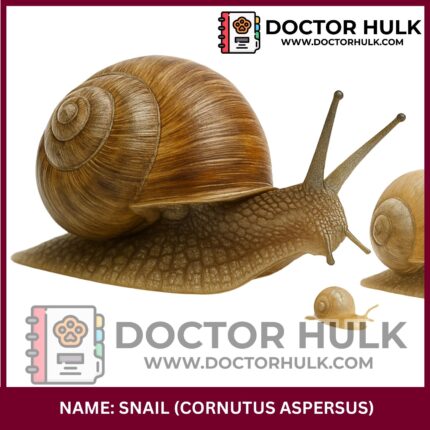


Reviews
There are no reviews yet.